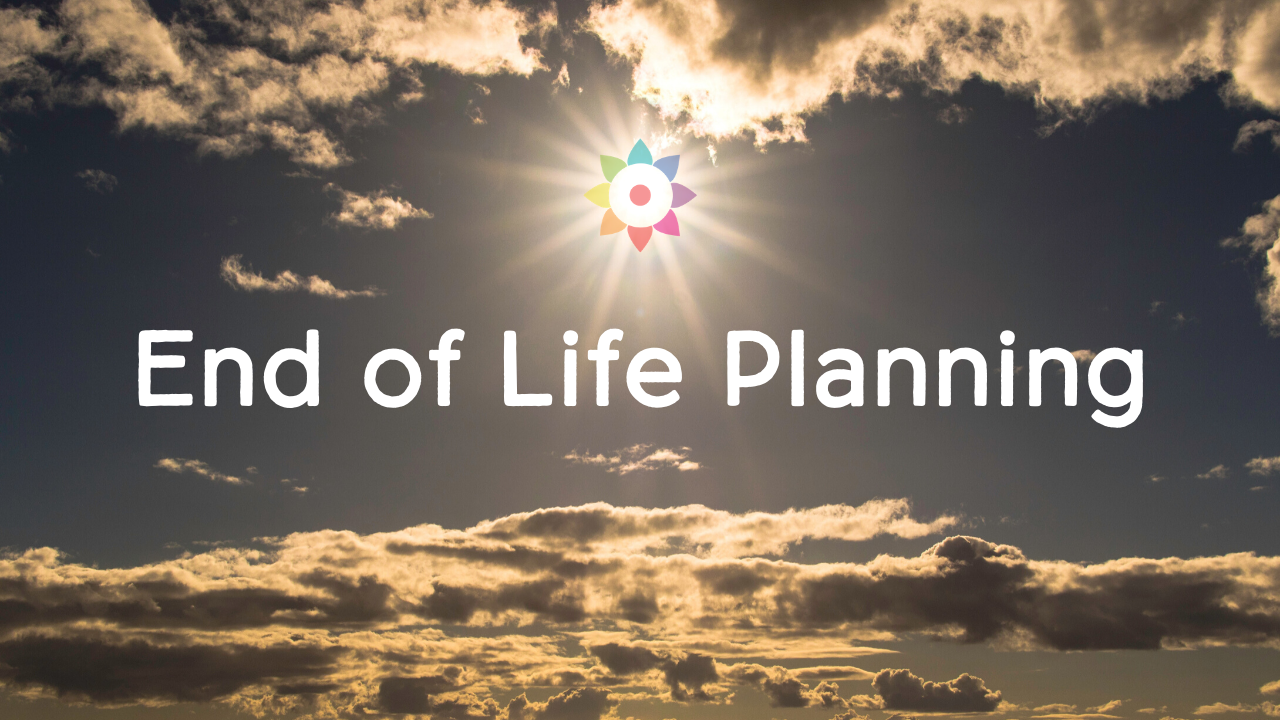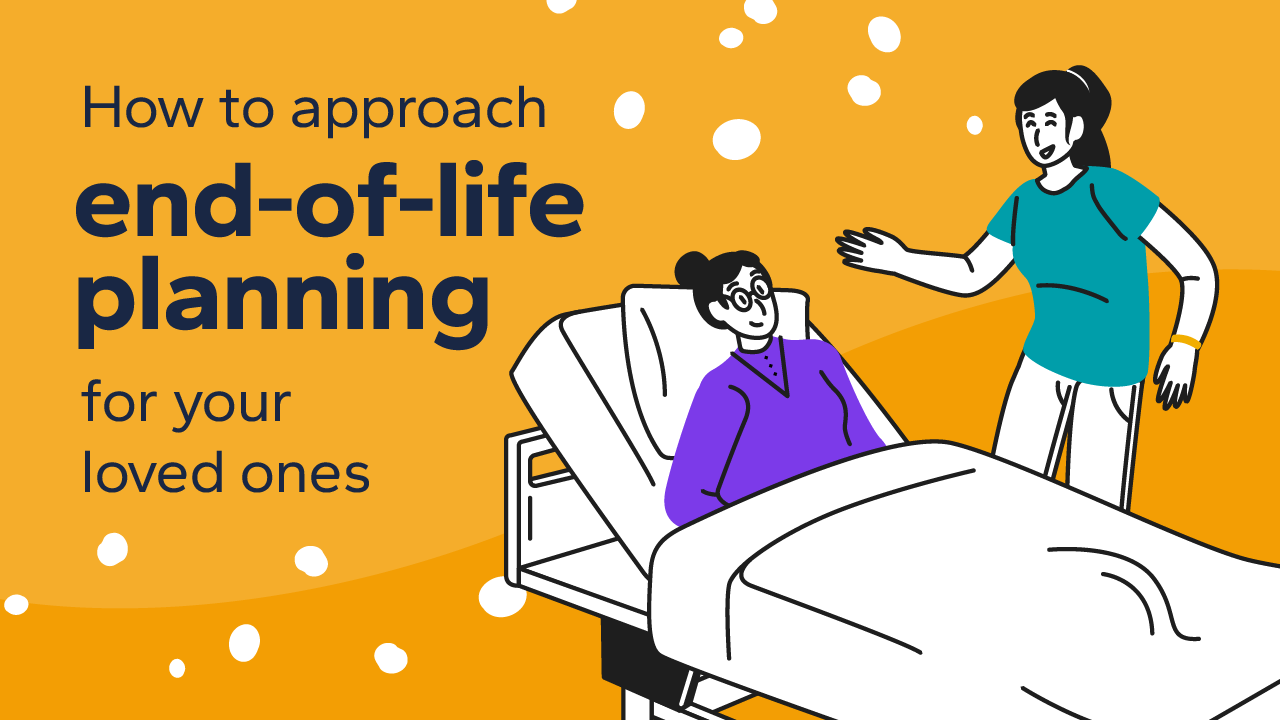End-of-life planning is one of the most important things we can do to protect ourselves and our families. The book “Caring Is Not Enough” is a useful tool, helping us record and organize vital information in our lives, from final wishes to medical, legal, and financial information.
Why Do We Need End-of-Life Planning?
When a loved one passes away, families often face a lot of emotions and pressure. Searching for important documents and ensuring that the deceased’s final wishes are fulfilled can become a significant burden. End-of-life planning helps alleviate this pressure and ensures that everything is meticulously prepared.

Contents of “Caring Is Not Enough”
The book “Caring Is Not Enough” provides a detailed guide for end-of-life planning, including specific steps and necessary forms to record vital information. Here are some key contents of the book:
1. Medical Information
Medical information includes a list of illnesses you are suffering from, the medications you are using, health insurance information, and advanced medical directives. This helps your family and doctors make accurate medical decisions when you are no longer able to make them yourself.
2. Legal Information
Legal documents such as wills, life insurance policies, and property-related papers need to be stored and organized carefully. “Caring Is Not Enough” guides you on how to record and store these documents safely and easily accessible when needed.
3. Financial Information
Information about bank accounts, savings accounts, investments, and debts also needs to be carefully recorded. This helps your family manage your finances effectively and avoid unnecessary troubles.
4. Final Wishes
Final wishes include decisions about burial, funeral, and other special desires you want to be fulfilled after your death. Clearly documenting these wishes ensures that your family can carry them out according to your wishes.
The Story of a Lost Safe Deposit Box
One of the touching stories in the book is about a lost safe deposit box. When the author’s father-in-law passed away in a car accident, the family found a safe deposit box key in his apartment. However, there was no information on where the safe deposit box was located. Despite efforts to search and check with nearby banks, the family could not locate the safe deposit box and never knew what was inside. This story vividly illustrates the necessity of recording and organizing vital information in life.
Benefits of End-of-Life Planning
End-of-life planning brings many benefits to both you and your family. Here are some important benefits:
1. Reduces Pressure on the Family
When everything is arranged and carefully documented, your family will not have to worry about searching for important documents or making difficult decisions while grieving.
2. Ensures Your Wishes Are Fulfilled
End-of-life planning helps ensure that your final wishes are carried out according to your desires. This gives you peace of mind about the future and reduces anxiety about what will happen after you pass away.
3. Effective Financial Management
Recording and organizing financial information helps your family manage your assets effectively. This helps avoid unnecessary legal and financial troubles.
4. Ensures Medical Rights
Clearly documented medical information helps your doctors make accurate and timely medical decisions. This ensures you receive the best possible medical care in emergencies.
End-of-Life Planning Guide
To effectively plan for the end of life, you need to follow these steps:
1. Gather Information
Start by gathering all important information related to your medical, legal, financial, and final wishes. Make sure you record everything thoroughly and in detail.
2. Organize and Store
Organize this information systematically and store it in a safe and easily accessible place. You can use the forms and guidance in the book “Caring Is Not Enough” to help you with this.
3. Inform Your Family
Inform your family and close friends about your end-of-life plan and where to find important information. This helps them find and use this information when needed.
4. Regularly Update
Remember to regularly update your end-of-life plan to ensure that the information is always accurate and relevant to the current situation.
Conclusion
End-of-life planning is a necessary and important task to protect yourself and your family. The book “Caring Is Not Enough” is a useful tool that helps you easily and effectively record and organize important information. By taking simple steps and documenting your final wishes, you can be assured that everything will be arranged and carried out according to your desires. Start your end-of-life planning today to safeguard your future and that of your family.


